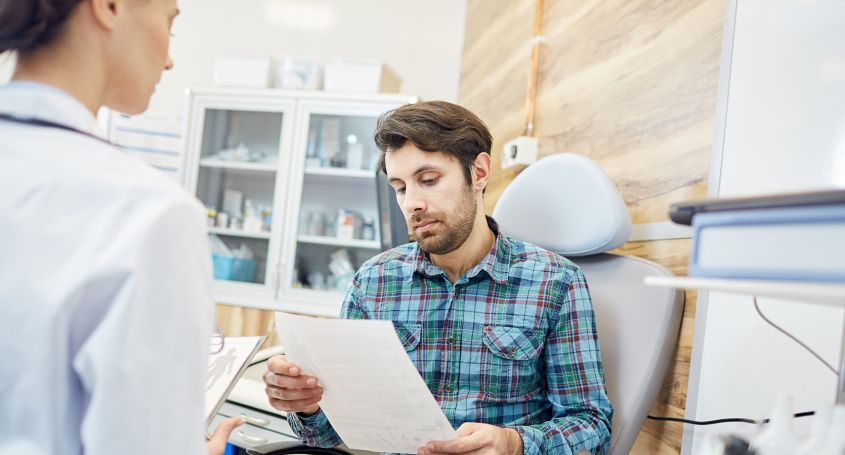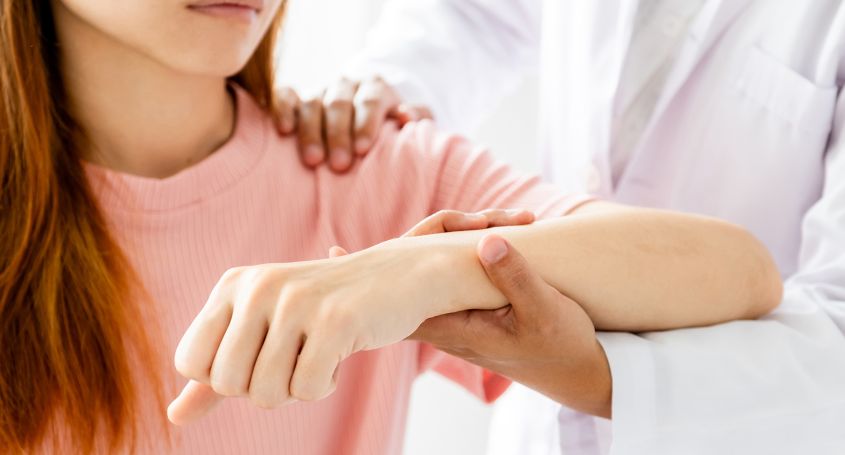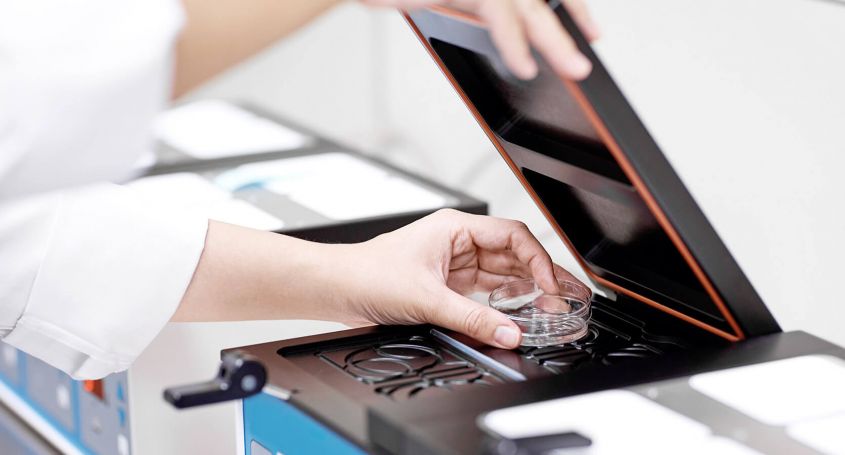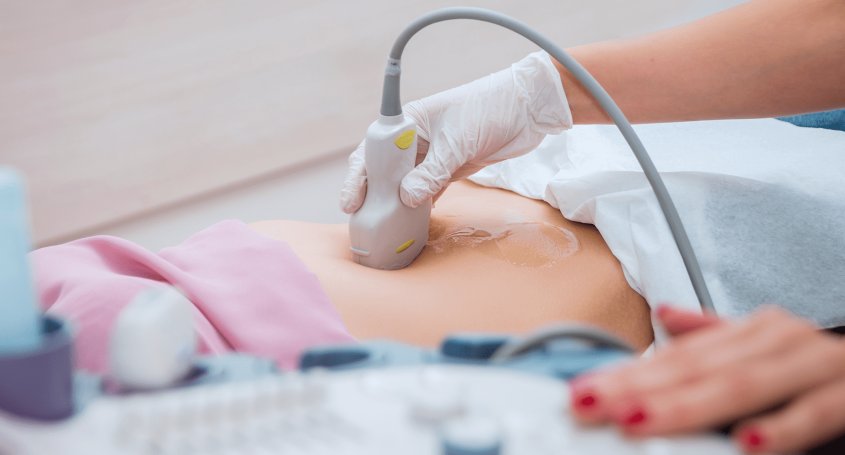Andropause, also known as testosterone deficiency syndrome or late-onset hypogonadism, is a process associated with male ageing characterised by a progressive decrease in testosterone levels. Unlike menopause in women, the hormonal reduction does not occur abruptly or in all men, as some maintain adequate levels even in old age.
The decrease in testosterone production is a natural process associated with ageing, but there are several factors that can contribute to its acceleration:
- Genetic factors: some men may have a genetic predisposition to this hormonal decline with age.
- Lifestyle: a sedentary lifestyle, stress and obesity can accelerate the drop in testosterone.
- Medical conditions: type 2 diabetes, some cardiovascular diseases and metabolic syndrome can contribute to hormonal deficiency.
- Disorders of the hypothalamic-pituitary-gonadal axis.
Main symptoms of andropause
The symptoms of andropause can be difficult to identify, as they are often confused with other causes, such as stress or general ageing. Some of the most common are:
- Mood swings, including anxiety, irritability, and depression.
- Decreased sex desire.
- Erection problems.
- Reduction in muscle mass and stamina.
- Increased body fat, especially around the abdomen.
- Increased risk of cardiovascular disease.
- Osteoporosis and increased bone fragility.
- Loss of body hair.
How to deal with andropause?
Although not all men require treatment, when the decrease in testosterone causes symptoms that significantly affect the quality of life of men, testosterone replacement therapy can be considered, always under medical supervision.
In addition to hormone treatment, there are measures that can help improve testosterone production naturally and reduce symptoms:
- Follow a balanced diet, rich in proteins, healthy fats, vitamins, and minerals such as zinc and magnesium.
- Exercise regularly, especially strength training and high-impact activities.
- Maintain a healthy sleep routine and sleep at least 7 hours a day.
- Avoid alcohol, tobacco, and caffeine, as they can affect hormone production.
- Maintain an active sex life.
- Look after your mental health and emotional well-being.
Andropause is part of the natural ageing process for men, however, there are strategies to reduce its impact and improve quality of life during this stage.
Dr. Cristina Guix
Gynecologist specialized in fertility at Barcelona IVF


















